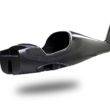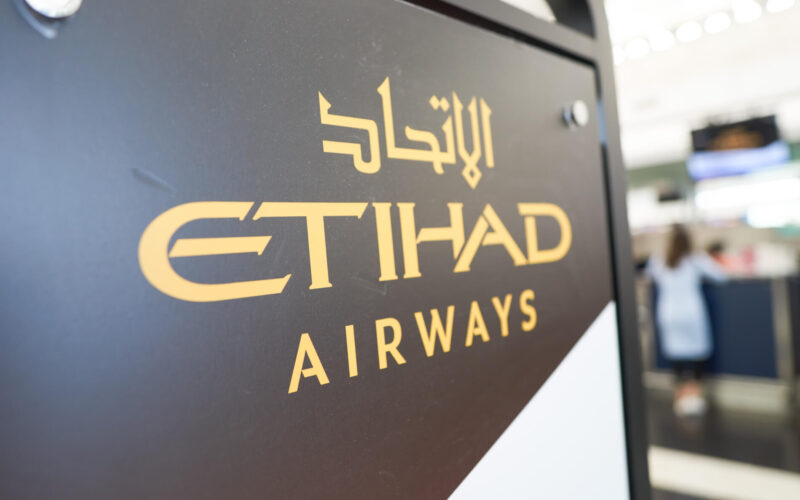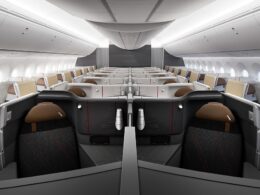Sweeping changes have occurred at Etihad Airways. Several executives have left the company, as the airline repositions itself to be a mid-size full-service carrier going forward. Etihad has hinted at potential changes to its fleet as well.
The current round of restructuring will result in Etihad Airways becoming a mid-sized, full-service carrier. The “leaner, flatter and scaleable organizational structure” will support the organic growth of the airline once flight demand returns to normal.
Interestingly, the airline will concentrate on its wide-body fleet. The future of its narrow-body fleet of 30 Airbus A320 family aircraft is now seemingly in jeopardy, including the order for 26 Airbus A321neo aircraft. The airline’s narrow-body was something that could have been considered an advantage during the current downturn, as single-aisle aircraft are not as expensive to operate as their wide-body counterparts.
On the flip side, its joint venture with Air Arabia to establish the Abu Dhabi-based low-cost carrier Air Arabia Abu Dhabi could be fruitful. Etihad’s A320s could be switched to the LCC and still could feed Etihad’s network with a much lower cost base due to its low-cost nature.
Etihad Airways already sent one Airbus A380 to long-term storage to Tarbes Airport (LDE) in France. The aircraft became the first double-decker out of the carrier’s 10 A380s not to be stored at Abu Dhabi International Airport (AUH), possibly hinting to a permanent withdrawal from the fleet.
Etihad stopped in tracks towards profitability?
In addition, four executives have left the company, namely Etihad Airways’ Chief Commercial Officer (CCO) Robin Kamarak, senior Vice President of Sales & Distribution Duncan Bureau, Chief Transformation Officer (CTO) Akram Alami and Chief Risk & Compliance Officer Mutaz Saleh. Current executives that are staying within the company assumed the roles and obligations of the departed leaders.
According to the company’s release, this will allow the airline to streamline the organizational structure within Etihad.
“After our best-ever Q1 performance, none of us could have predicted the challenges that lay ahead in the remainder of this year,” commented Etihad Airways chief executive Tony Douglas. “That is why we are taking definitive and decisive action to adjust our business and position ourselves proudly as a mid-sized carrier,” he continued.
The airline already has been battling long-lasting losses since 2015, when it last posted a net profit. Since then, Etihad continued running with losses that were in the nine-zero zone. Its first non-billion net loss was announced in 2019 when the company ended the year with an $870 million loss. In late-October 2020, the company reportedly issued a $600 million sharia-compliant bond in order to raise cash.











